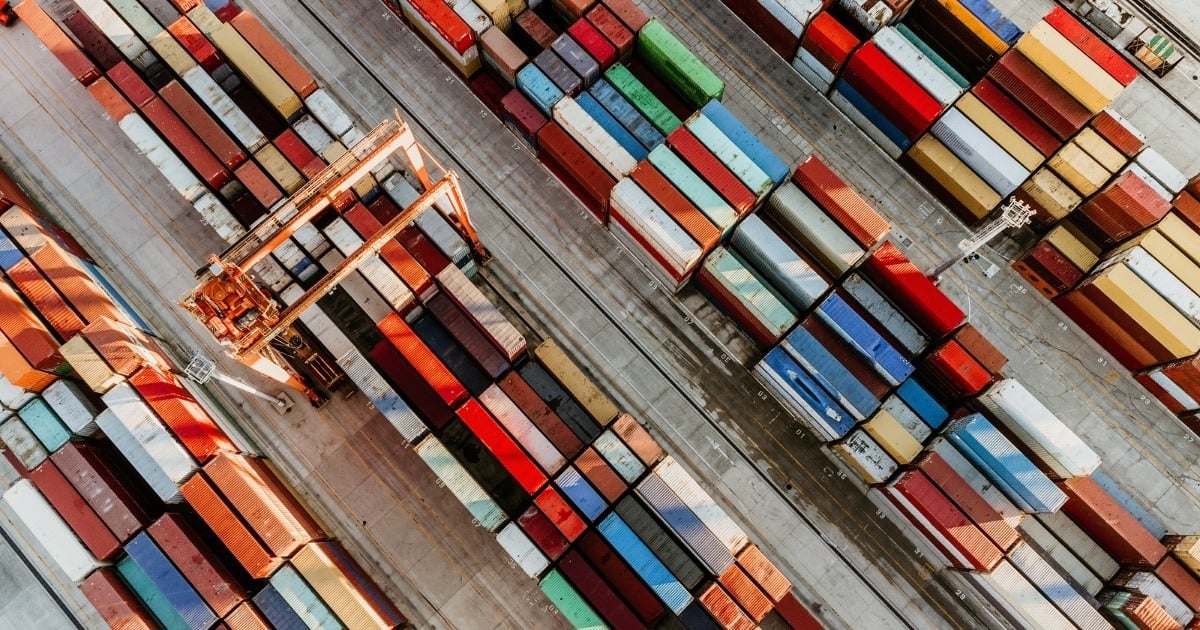Navigating UFLPA Compliance and Avoiding Enforcement Risks
The Uyghur Forced Labor Prevention Act (UFLPA) is a significant measure to combat forced labor in global supply chains, particularly goods originating from the Xinjiang Uyghur Autonomous Region (XUAR) of China. The law holds businesses accountable for ethical sourcing, emphasizing due diligence to avoid enforcement risks, such as shipment detentions and reputational damage.
What is the Uyghur Forced Labor Prevention Act?
The UFLPA is a U.S. law enacted to prevent the importation of goods made with forced labor. It establishes a rebuttable presumption that goods originating from the XUAR or connected to entities on the UFLPA Entity List involve forced labor and are inadmissible into the United States. To comply, importers must provide clear and convincing evidence demonstrating that their goods, or parts of their goods, were not produced with forced labor. Enforcement is led by U.S. Customs and Border Protection (CBP) as part of broader efforts to eliminate forced labor from supply chains.
When was the UFLPA passed?
Signed into law on December 23, 2021, the UFLPA began enforcement on June 21, 2022. This timeline gave importers six months to prepare for compliance, marking a significant shift in supply chain expectations.
For more details, check out our UFLPA FAQ blog.
UFLPA compliance and enforcement: What businesses need to know
Complying with the UFLPA is essential for businesses importing goods into the U.S., especially those with supply chains touching the XUAR or entities on the UFLPA Entity List. CBP uses its authority to detain shipments suspected of violating the act, requiring importers to demonstrate due diligence.
Due diligence processes
The Forced Labor Enforcement Task Force (FLETF) recommends several key elements for effective due diligence:
- Supplier Engagement: Collaborate to assess and address forced labor risks.
- Supply Chain Mapping: Trace supply chains to identify forced labor risk from raw material to production of imported goods.
- Supplier Code of Conduct: Implement policies prohibiting forced labor, with explicit clauses addressing risks linked to Chinese government programs.
- Training Programs: Educate employees and agents on forced labor risks and compliance requirements.
- Monitoring and Auditing: Conduct regular supplier audits and independent verifications.
- Remediation: Address identified forced labor issues or, when remediation is not possible or cannot be completed in a timely manner, terminate relationships with non-compliant suppliers.
- Public Reporting: Share progress on due diligence efforts publicly.
Resources like the CBP’s Operational Guidance for Importers and the UFLPA Entity List are valuable tools to support these practices.
The UFLPA Entity List
The UFLPA Entity List consists of organizations based in Xinjiang that mine, produce, or manufacture goods using forced labor. This list is maintained by the Department of Homeland Security (DHS) and serves as a critical resource for importers to screen supply chains and avoid non-compliance.
Regularly reviewing the list and assessing supply chain exposure are essential for mitigating risks. Integrating the UFLPA Entity List into regular supply chain audits proactively aligns with compliance expectations and reduces the likelihood of enforcement actions.
Enforcement measures
CBP enforces the UFLPA by detaining shipments under 19 U.S.C. § 1499. Goods tied to the XUAR, or listed entities, are presumed inadmissible unless importers provide clear evidence proving compliance. Key enforcement details include:
- Rebuttable Presumption: Applied to goods produced wholly or partially in the XUAR or by listed entities.
- Pre-Existing WROs: Withhold Release Orders (WROs) on goods like Xinjiang cotton and silica-based products are subsumed under the UFLPA.
- Transparency: Exceptions granted under the act require CBP to issue a public report detailing supporting evidence.
Watch our on-demand webinar for additional strategies to address forced labor risks in your supply chain.
The risks of UFLPA non-compliance
Non-compliance with the UFLPA can lead to significant financial and reputational consequences. CBP detained over $522 million worth of goods in the first year of enforcement, and more than 10,000 shipments, valued at $3.5 billion, have been stopped at U.S. borders. Industries such as apparel, footwear, and electronics are particularly impacted.
Beyond financial losses, businesses risk supply chain disruptions and reputational harm. Proactive compliance measures, including supplier engagement and supply chain monitoring, are essential to mitigate these risks and maintain ethical operations.
Ensure UFLPA compliance with Source Intelligence
Source Intelligence’s Human Rights solution offers businesses the tools they need to comply with the UFLPA and other human rights regulations. By providing advanced supply chain mapping capabilities, the solution enables companies to gain clear visibility into their suppliers and identify potential risks linked to forced labor. With a focus on collecting high-quality data, Source Intelligence empowers organizations to take decisive action in mitigating compliance risks while maintaining ethical sourcing practices.
Explore our Human Rights solution and discover how we can help your business achieve UFLPA compliance while protecting your supply chain.



